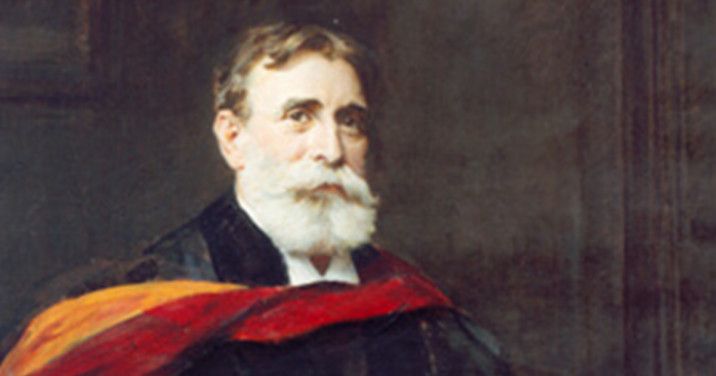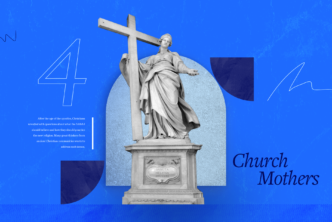Over the years, Princeton Theological Seminary has been home to many first-class theologians and ministers, but a few stand head-and-shoulders above the rest. Among these are Archibald Alexander, Charles Hodge, A. A. Hodge, and “the Lion of Princeton,” Benjamin B. Warfield.
Archibald Alexander
As the founding principal—and first professor—of Princeton Theological Seminary (1812), Archibald Alexander forged the way in contextualizing Calvinism to the United States. He was the author of many books and treatises, including Thoughts on Religious Experience, and The Canon of the Old and New Testament Ascertained. His legacy as a strong proponent of Biblical authority played a large influential role in the lives of his successors.
See the Archibald Alexander Collection (20 vols.) on Community Pricing.
Charles Hodge
Charles Hodge was the second principal of Princeton and successor to Archibald Alexander. He was appointed Professor of Oriental and Biblical Literature in 1822. 18 years later, he was transferred to the chair of exegetical and didactic theology, where he taught until his death in 1878. Hodge instructed thousands of ministers and help revise the Presbyterian Church’s Book of Discipline. His Systematic Theology is the hallmark of his theological legacy.
See The Works of Charles Hodge (29 vols.) on Community Pricing.
A. A. Hodge
A. A. Hodge carried on the legacy of his father, Charles, serving next to him as the chair of systematic theology from 1878 to 1886. He was also an accomplished theologian, having studied and written many works on the atonement and the Westminster Confession. His theology stemmed from his experience as a pastor, his work in India as a missionary, and his teaching career spent with the students and faculty of Princeton.
See the A. A. Hodge Collection (11 vols.).
Benjamin B. Warfield
Upon A. A. Hodge’s death, B. B. Warfield was appointed to the Charles Hodge chair of systematic theology at Princeton. Warfield served from 1887 until his death in 1921.
Those who hold to the historic doctrine today add very little to what Warfield said a hundred years ago. So also any who reject that doctrine must contend with Warfield before their work is complete. He was the theologian of inspiration.… Share on X —Fred G. Zaspel, author of The Theology of B. B. Warfield: A Systematic Summary
Have a favorite Princeton theologian?





